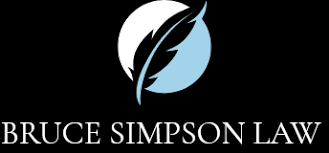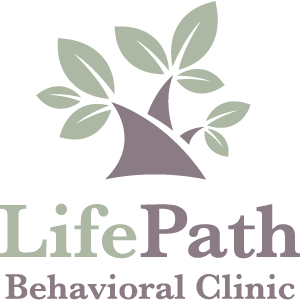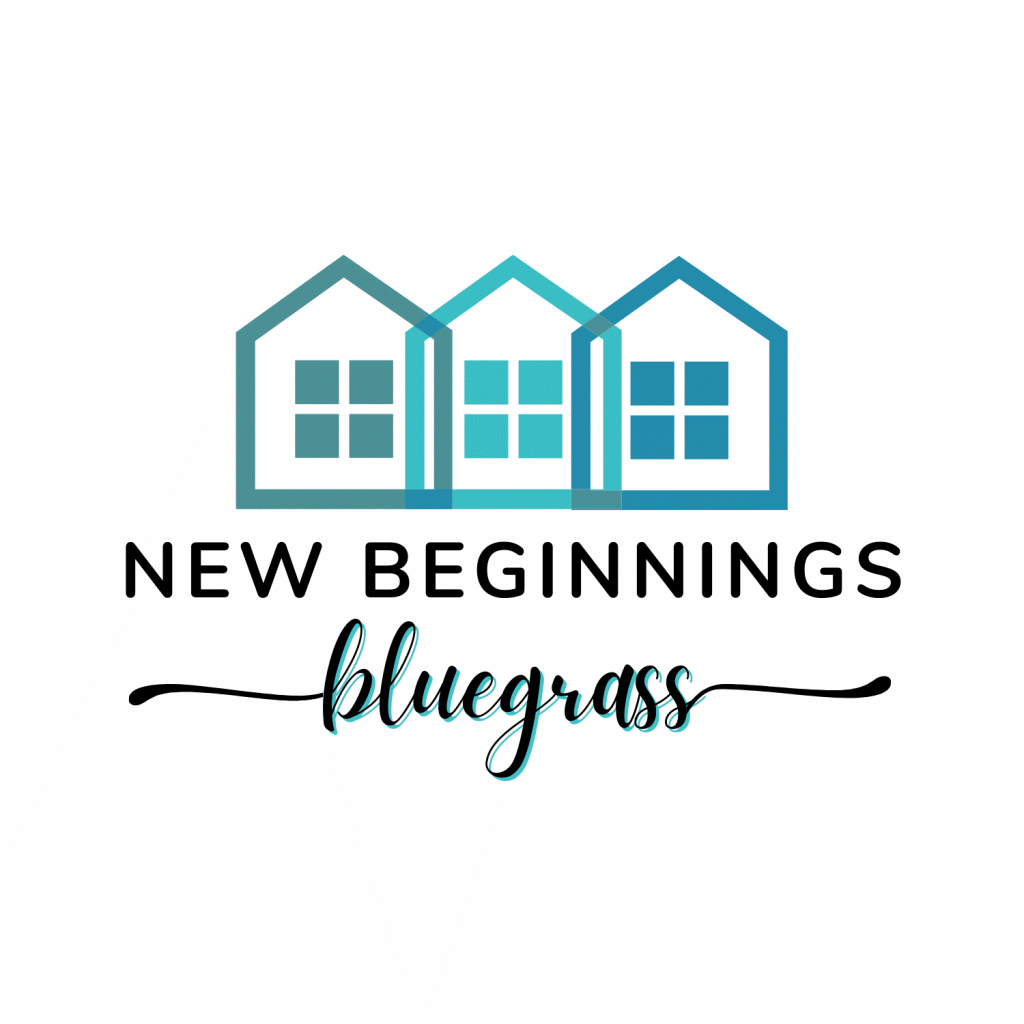We use this term frequently, as do our many partner agencies. It helps further define some of the people we are reaching out to with our programming. When we say a program or education course is targeted at individuals with SPMI or their families, we generally mean the federal and state definitions of SPMI.
Per the Federal Register from May 20, 1993, adults with SPMI are aged 18 or over, who currently or at any time during the last year, have had a diagnosable mental, behavioral, or emotional disorder of sufficient duration to merit diagnostic criteria specified within the Diagnostic and Statistical Manual of Mental Disorders that has resulted in functional impairment which substantially interferes with or limits one or more major life activities.” These include most of the codes from DSM‑V with the exception of substance use disorders, and developmental disorders, unless they co-occur with another diagnosable serious mental illness. All of these disorders have episodic, recurrent, or persistent features; however, they vary in terms of severity and disabling effects.
Individuals with SPMIs have difficulties that substantially interfere with or limit role functioning in one or more major life activities including basic living skills (e.g. eating, bathing, dressing); instrumental living skills (e.g. maintaining a household, managing money, getting around the community, taking prescribed medication); and functioning in social, family and vocational/educational contexts. Adults who would have met functional impairment criteria during the referenced year without the benefit of treatment or other support services are considered to have serious mental illnesses.
Kentucky has a statute defining mental illness which reads:
“‘Mental illness’ means a diagnostic term that covers many clinical categories, typically including behavioral or psychological symptoms, or both, along with impairment of personal and social function, and specifically defined and clinically interpreted through reference to criteria contained in the Diagnostic and Statistical Manual of Mental Disorders (Third Edition) and any subsequent revision thereto, of the American Psychiatric Association. ‘Chronic’ means that clinically significant symptoms of mental illness have persisted in the individual for a continuous period of at least two (2) years, or that the individual has been hospitalized for mental illness more than once in the last two (2) years, and that the individual is presently significantly impaired in his ability to function socially or occupationally, or both.”
With the exception of the outdated DSM, there aren’t many differences in the concept behind these definitions at the state and federal levels. If you or your loved one has most of the criteria, there’s a LOT to be found for you through NAMI Lexington’s programming!
Our programming has traditionally been focused on adults. However, our NAMI BASICS education course is focused on family members of adolescents. It’s a change our community has asked for — a resource for adolescents- that has finally come to fruition. Click on the title for more information.
We love to hear your feedback on our work and on needs you have witnessed or experienced in the community. Please consider following us on Facebook or Twitter.
More info on SPMI definitions: https://dbhdid.ky.gov/dbh/documents/TCMManual-Adult.pdf
http://www.lrc.ky.gov/statutes/statute.aspx?id=40795
http://www.nimh.nih.gov/about/director/2013/getting-serious-about-mental-illnesses.shtml
















